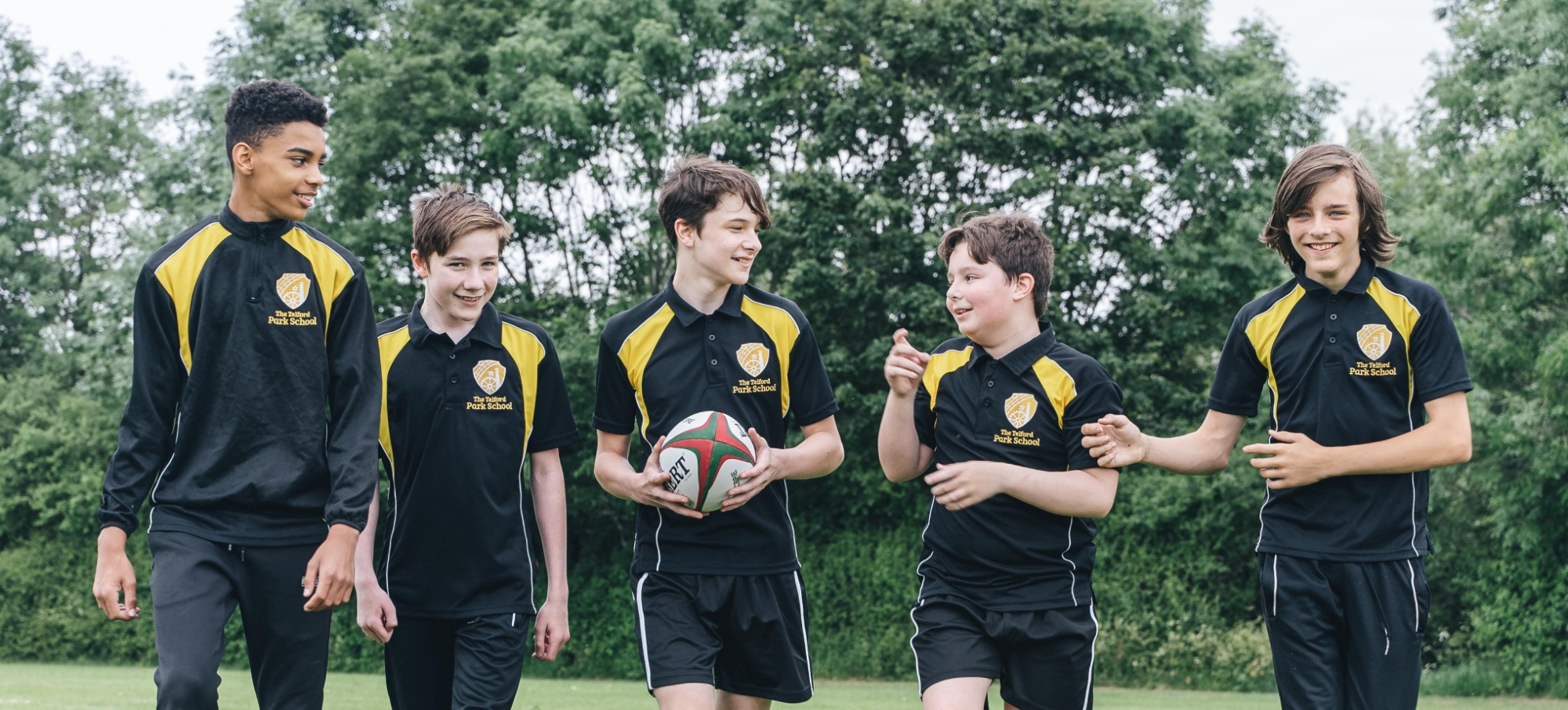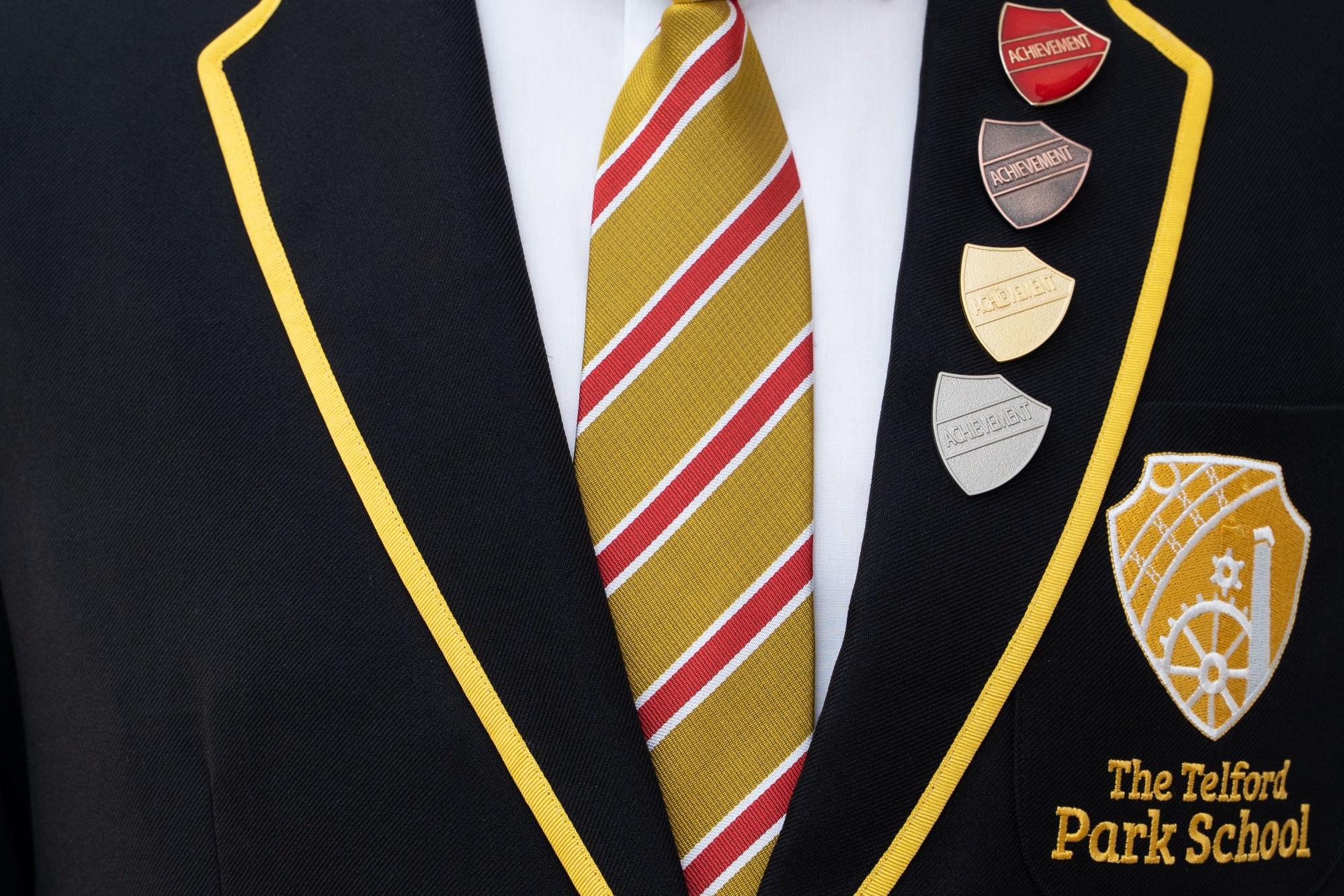Curriculum Intent
The RS curriculum is ambitious and is sequenced for powerful knowledge, for progression and to allow the building of the strong schema in the long-term memory. Core questions are used every lesson to embed substantive knowledge through retrieval practice each lesson and through the quizzing of these core questions for homework. ‘Questions for thinking’ are considered in each lesson to allow students to access the disciplinary skills of ‘learning from religion’ as well as ‘learning about religion’ in order to develop their own thoughts and opinions, to access the higher-order thinking skills such as debating both sides of an argument, applying religious teachings and quotes to a topic, justification for their answers and leading to conclusive evaluations.
The sequencing in year 7 allows students to learn about the Abrahamic religions in chronological order which enables students to have a sense of historical context and allows for comparisons among these three monotheistic religions. As the UK has Christianity as its state religion, the teaching of this religion is compulsory. However, Christianity is rooted in Judaism so it is essential that students understand where Christianity came from historically. Islam has many similarities to these two Abrahamic religions and therefore to study Islam as the third religion in year 7 creates a dialogue to discuss not only these similarities but also the differences between them. Studying Islam is vital in the current climate due the misconceptions and Islamophobia often portrayed in society and by the media.
From year 8 onwards students are introduced to the other three main world religions. Although the UK is a Christian country, it is a multicultural society and consequently students need to learn about Buddhism, Hinduism and Sikhism also to enrich their understanding of the diverse country that we live in today. In year 8 students learn about religion through the ‘Life issues’ themes to encourage a deeper understanding of the wider world. In year 9 and 10 students continue to develop their powerful knowledge through the study of ‘Religion and Morality’ with a focus in the last part of year 10 and into year 11 being ‘Religion and Citizenship’. These current and contemporary themes provide a rich source of opportunity for students to develop as global citizens. As the religions are taught through the themes it makes Religious Studies ‘real’ and relevant to the students and equips them with the skills they need in life in the wider world.



